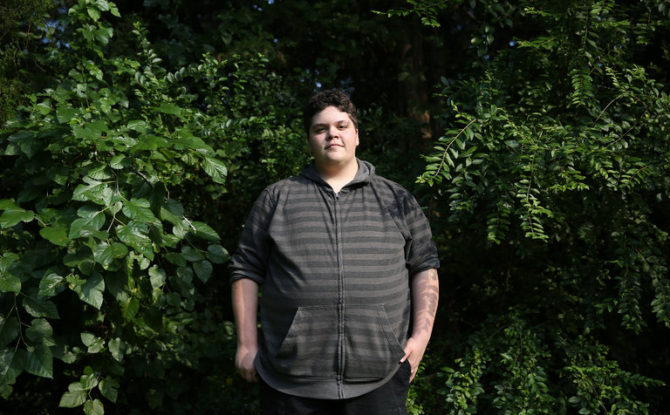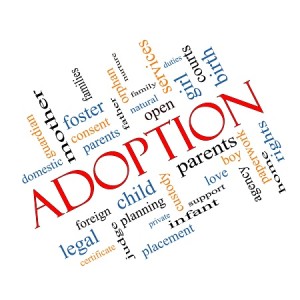More than three years after a Supreme Court decision gave federal recognition to same-sex marriages performed in states that allowed them, the demographics of same-sex married couples largely remain a mystery.
In fact, no one has a definitive count of same-sex married couples in the United States.
One reason it’s hard to get a fix on the marriages is that detailed marriage records are not tracked at the federal level. They’re managed by counties and states, which report the count of marriages and not much else. The Census Bureau isn’t always a lot of help either. Methodological problems like sample size and false positives have long plagued census estimates of this relatively small group.
But a new research paper published by the Treasury Department on Monday has found an interesting way around these problems: tax records.
By linking the tax returns of same-sex couples who filed jointly in 2014 with their Social Security records, researchers are able to give us the most accurate picture of same-sex marriages to date. And their estimate is this: In 2014 there were 183,280. same-sex marriages in America, roughly a third of 1 percent of all marriages.
Of course, implicit in this estimate is the assumption that all married couples file their returns jointly. But as a proxy for that, it’s pretty good. The Treasury Department estimates that 97.5 percent of married couples file joint returns.
One highlight of the study: Pretax household income of same-sex married couples is higher than that of heterosexual married couples. Most of that is driven by the average earnings of male same-sex couples: $176,000. On average, they make $52,000 more than married lesbian couples and $63,000 more than married straight couples.
Lee Badgett, an economics professor at the University of Massachusetts-Amherst, said one reason is the gender pay gap. The math here is simple — for heterosexual couples, the gender pay gap affects one partner. For same-sex female couples, the gender pay gap affects both partners.
But that doesn’t explain why same-sex female married couples earn more than heterosexual married couples, over all. The other key component is geography. The tax data shows same-sex married couples clustering along the coasts, and in urban pockets across the United States. These are regions that also tend to have higher wages. In fact, heterosexual couples actually earn more than same-sex female ones when you compare married couples who live in the same three-digit ZIP code region.
Child care plays a huge role as well. Same-sex female couples are four times more likely to have children than same-sex male couples. That means that many women will have to make tough trade-offs between career and family. Combine that with the likelihood of lower pay to begin with and you start to understand why the income differences are so large.
New York Times, September 12, 2016 by Quoctrung Bui
Click here to read the entire article.


















